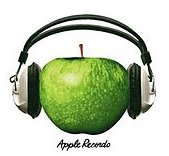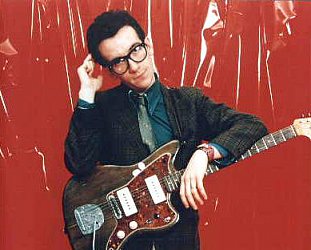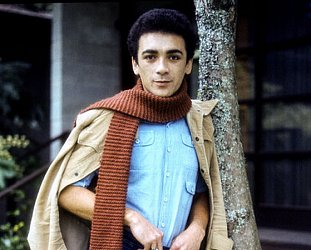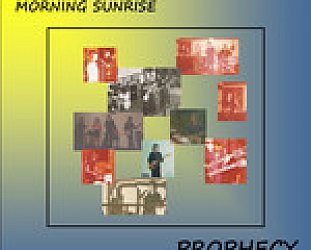Graham Reid | | 1 min read

The two hour-plus DVD doco Strange Fruit shone a spotlight on a fascinating period in the Beatles' career, that of their own production/recording and publishing company Apple whch McCartney described as "Western communism". The ethos of the label was to give artists freedom to record and as such the label openly touted for talent.
Ironically not one of those who many hundreds who sent in tapes were signed, but instead some establsihed acts like the Iveys (later to become Badfinger), Mary Hopkins (who had been on television talent show) and Jackie Lomax an old mate from Liverpool days were all given contracts.
The label had some conspicious successes -- Badfinger and Mary Hopkins -- and some oddities like The Radha Krsna Temple whose Hare Krsna Mantra was all over radio, and whose song Govinda is wirdely considered one of Apple's finest recordings.
There were also albums by Yoko Ono (stunning and years ahead of their time, but all non-sellers which bled the company's finances) and people like David Peel, the New York street musician who appealed to Lennon.
But mostly there was failure because as the Beatles broke up their attention went elsewhere, bands like Badfinger got little support, Jackie Lomax floundered, James Taylor moved back to the States after one album on Apple to find huge success, and Elephants Memory who had backed Lennon on his terrible Some Tme in New York City were little more than a politicised bar band.
One of the oddest releases however was King of Fuh by Brute Force who was songwriter Stephen Friedland. He'd been one of the Tokens (The Lion Sleeps Tonight hit and also a production team) and King of Fuh doubtless appealed to Harrison and Lennon because it was just so ridiculous.
It was never going to get airplay.
Friedland got the song to Harrison via a friend who was in Cyrkle. Lennon had apparently suggested the odd spelling and they opened for the Beatles in '66 on the back of their hit Red Rubber Ball hit written by Bruce Wooley of the Seekers and Paul Simon.
Harrison liked the raw demo and added strings to it, and the song came out in a limited run of a couple of thousand copies.
It didn't get airplay.
One of the truly obscure and silly singles in Apple's brief but interesting existence. But hardly a lost classic.
For more one-offs, oddities or songs with an interesting backstory see From the Vaults.





post a comment